Susan Smillie’s book The Half Bird tells the story of a former Guardian journalist who commits to a life at sea in the immediate wake of Brexit.
Her boat is the Nicholson 26 Isean, which she acquires for little money and much work – a scenario many readers will recognise. Her decision to start with a voyage around Britain taking departure from the Solent does not last beyond Land’s End.
Many a plan has failed to survive in the presence of the enemy. Some would put in to Falmouth and sell the boat. Not Susan Smillie. She heads instead for the Mediterranean.
Things take a highly unusual turn on passage towards Ibiza when she comes into direct contact with a boat overloaded with African migrants on a dark night. Many of us will have considered what we might do in such a dire situation and here we have the direct account of a thoughtful woman. Her frankly described emotional reaction makes a fascinating read…
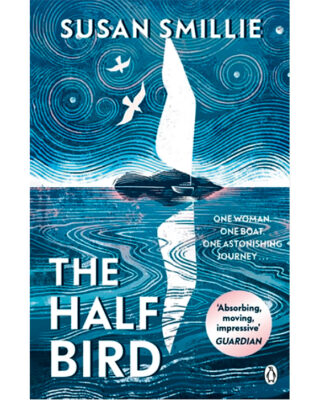 Extract from The Half Bird
Extract from The Half Bird
Isean and I were 40 miles east of Alicante, equidistant from mainland Spain and the Balearic Islands, flying along under the moon at 0400. The constellations were at their brightest and best, Ursa Major keeping us on course, and I was excited to be on my first solo night passage offshore.
I was tired – I’d been awake since seven the previous morning – but who needed sleep! We were over halfway to Ibiza where the water is crystal clear. Conditions were great, a strong wind behind, big waves pushing us fast, right on course. For once, everything aligned.
Then, out of the blue, life, in its habitual way, interrupted with other plans. A radio call on Ch16. The one you dread at sea. ‘Mayday, Mayday, Mayday. Man overboard.’ It was Tjoppe and Helena, Swedish friends sailing roughly five miles to my west. I could see their boat Wilma’s mast light in the distance.
They had been pursued, Helena told the coastguard, by a small boat full of men. It had purposely crashed into them and they had been boarded. As this unthinkable news sank in, I changed course towards them. The Alicante coastguard had launched a rescue boat, but it was several hours away. I would be first on the scene.
Isean was responding well to this emergency, efficient and calm, sailing beautifully. I was a different story, experiencing the sort of fear that takes you out of yourself, making everyday tasks feel alien.
I tried to start the engine for extra control, but it took several attempts to turn the key because my hands were shaking so much. My body was all over the place – my heartbeat sprinting, my mind in a dizzying race with my heart.
More information came through. They were migrants in distress, 11 men. Only one had made it on board. As the boat bounced off Wilma’s high concrete hull, two others had been thrown into the sea. I radioed to tell Tjoppe I was approaching. “No!” he responded immediately. “Don’t come. It might be bad for you.”
Sounding brave
I took it in soberly. I was scared. I worried for the safety of my boat. How many people could Isean hold? I worried for my own safety – what kind of state would they be in, these men, and what kind of men? I mentally paused. Tjoppe had given me an out, but I knew I couldn’t take it. There were people in the water. Another boat could only help. “I’m still coming,” I told him, sounding braver than I felt. He didn’t put me off again. It was typically big of him to try at all.
Isean hadn’t hesitated, carrying us fast forward. Wilma’s light was getting brighter; we were getting nearer. Twenty minutes later we were there, the air heavy with the scent of petrol, the sea oily black. I drifted too close to the small boat pitching in a heavy swell.
The two men were already back aboard among the others, some slumped forward, some leaning over the sides. Some, I realised with alarm, were smoking – in this boat awash with petrol. I caught the wind in Isean’s sail and quietly sailed off.
Article continues below…
What would you do if you came across a migrant vessel adrift at sea? It’s a scenario many sailors have…
In a move aimed at reducing illegal migration across the Channel, the UK government is proposing legislation to make it…
They shouted angrily in French at Wilma’s new passenger – Nigel, he had said to call him – who was now on deck with a blanket and water. The men were seasick and cold. They wanted off that grim dinghy. And who could blame them? They’d been at sea for five days, travelling 100 miles from Algeria, and had run out of food and water. Nigel told them the coastguard was coming. Yes, he reassured them several times, definitely the Spanish coastguard.
They had been drifting and desperate, Nigel explained to Helena, when they spotted Wilma’s lights. They used the last of their fuel, went full throttle. Helena had wakened to the sound of men screaming, their boat swerving close at speed.
They launched themselves into Wilma in panic. I thought about that as I sailed in the dark. It could have been Isean’s light. They would have boarded us easily. Eleven panicked men. I didn’t want to picture it.
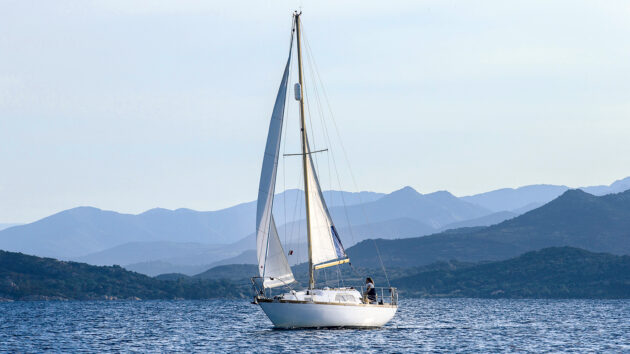
Susan Smillie at the helm of her Nicholson 26 Isean. Photo: Cat Vinton
Boarding party?
Suddenly, Helena came back on the radio. “Get away.” She sounded worried. “They are coming after you.”
I looked back to see the boat heading for me. To my relief, their engine quit. I sailed farther off, feeling anxious and guilty. They must have been at a loss what to do, desperate to get out of the situation they were in. I didn’t know what to do either. Nothing felt right.
I didn’t want to leave in case the situation deteriorated and I was needed. But being there on my accessible little boat was just taunting them. Even if I knew Isean could handle the weight of ten extra men (I did not), and even if I was comfortable with that prospect (I was not), these steep seas were not the conditions in which to attempt it. The safest thing was to wait for professional help.
Then again, what was safe in the short term might not have been safe for them in the long term. They had left Algeria, where ‘illegal exit’ was a criminal offence with six months in prison. And it was an increasingly dangerous country for migrants in 2018.
Al Jazeera, Associated Press and others told of numerous attacks on migrants, of thousands rounded up by gendarmes and forced at gunpoint into the Sahara Desert. For each person estimated to have died crossing the Mediterranean, two were lost in that vast sea of sand. A dinghy adrift on the water might well have seemed like good odds.
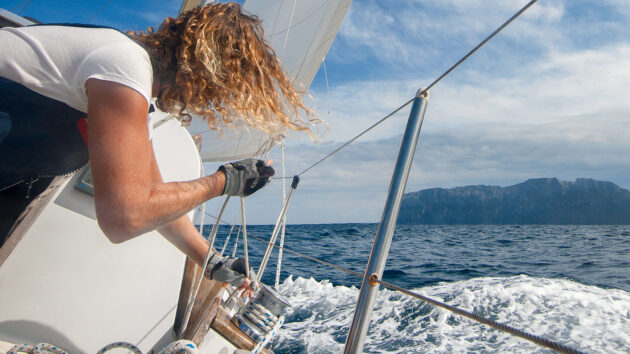
Susan Smillie committed herself to a solo voyage as a great post-Brexit adventure. Photo: Cat Vinton
That dinghy had been blown a long way north. There was no phone signal, no land in sight. I doubt Nigel and the others knew where they were. Or who might be coming for them. I heard the helicopter before I saw it and watched its approach with relief – the Spanish coastguard, shining a light, radioing to see if emergency treatment was needed.
But what was a welcome sight for us caused them panic. Suddenly the boat took off, only for their engine to splutter to an impotent halt. It was desperately sad to see. Perhaps they didn’t believe it was the Spanish coastguard. Or they feared a return to whatever situation they’d taken such risks to escape.
The helicopter crew decided against an airlift and left. Twice more the guys made for me; twice more they failed.
I watched them lurch towards me as I sat there, miserable and apprehensive in the dark. You’re very aware, in proximity to humans in a dangerous situation, that you are also in danger. But while our situation was tense, it no longer felt desperate – the coastguard was on its way.
I thought of Italy, where the political atmosphere had hardened in response to migration by sea. Migrant rescue calls went unheeded, reports said; rescuers faced arrest for ‘trafficking’. I tried to imagine how scared I’d feel – how dangerous things would be – if there was no help coming.
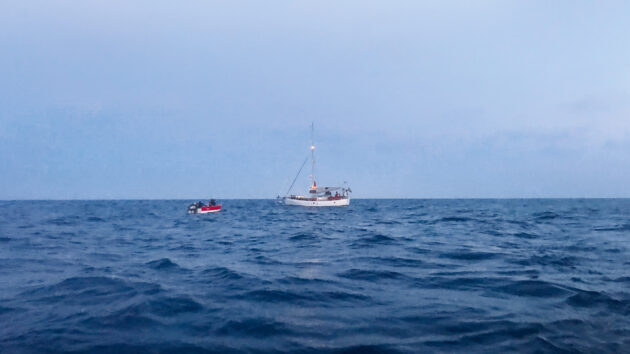
The immigrants’ small boat close to Wilma. Photo: Susan Smillie
I wasn’t frightened any more. I was exhausted, aching and cold. I sat there, considering the time added to my onward journey in this sleepless state, the extra risk that brought. I thought about the days – five of them – that these guys had been tossed around on a far less seaworthy boat. I made tea. How could I think of tea at a time like this? I sat there at a distance, selfishly and secretly with my tea, swinging between compassion, anxiety, self-pity and guilt.
With the coming light, things started to improve, as they invariably do with the energy of a new day. I could see the boat clearly now, the men huddled together. Soon after daybreak, I saw it in the distance. The coastguard launch, its cheery red hull bright against the dark sea. The sun rose, casting everything in golden rays.
A new dawn if ever there was one. I watched as the boat picked up those men – what relief for them, to get off that fuel-soaked dinghy. Then it approached Wilma carefully, both vessels rocking in the swell, a beautiful scene framed by long clouds etched silver. Nigel was transferred across, with a hearty hoot of the horn. The men lined up, touched their hearts. A thank you to Tjoppe and Helena, everyone in tears.
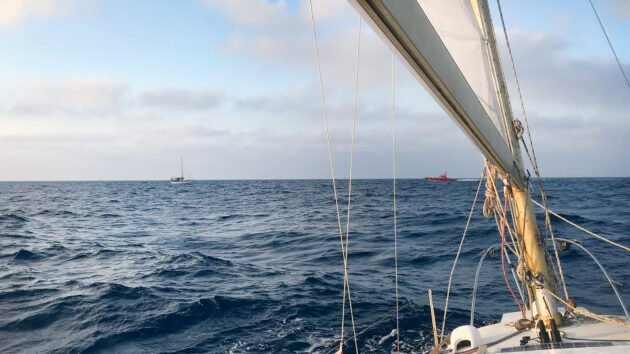
Spanish coastguard vessel approaches at daybreak. Photo: Susan Smillie
Exhaustion and relief
Then the coastguard boat was on its way to mainland Spain. And we were bound for the Balearics. Progress was painful.
I was beyond tired and the sea was now a sloppy mess. There wasn’t enough wind to sail but when I turned on the engine I couldn’t bear the noise. With no autopilot, I couldn’t leave the helm and fell asleep there for seconds at a time. I hallucinated – some mad thing about the Queen and jam doughnuts.
It was evening before I reached my destination, 35 hours awake. In a daze, I almost motored straight into Wilma, who arrived before me. “Not another crash,” they said, throwing me a bedtime beer. What a relief it was to anchor, to get inside Isean’s welcome little saloon.
But even after sleep, the following days felt surreal and distorted. We were in Ibiza, party island. Surrounded by superyachts with helicopters, rich kids with every conceivable gadget, music blasting and ostentatious wealth on display. Just 40 miles and another world from that night. No distance at all, just an insurmountable gulf.
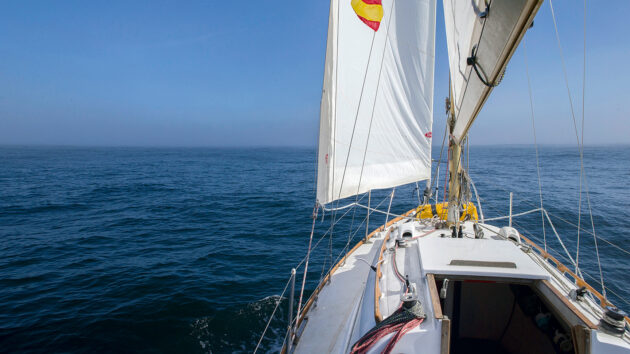
Empty seas once more for Isean. Photo: Cat Vinton
In those quiet days I contemplated human disaster. I imagined the worst-case scenario – too many panicked people for one small boat to help. What would you do? Advice, as I understood it, was to radio the coastguard, to stand off rather than to approach. Rescue at sea is a sacred principle – if you can carry it out safely. By mid-2018 when we were there, according to a UN report Spain was a hotspot, fast becoming the primary entry point to Europe.
Deaths on that route had almost quadrupled over the previous year. For each day that we’d sailed the Mediterranean, an estimated average of six migrants drowned in its seas. The reality hits you like a truck.
Uncomfortable truths
A collision of worlds that are closer than you know. It’s coming up hard against the uncomfortable truths of the world, your privileged place within it. It’s coming up hard against yourself, unedited, in the dark. You hear about people, heroic people – good people – going headlong into risky situations without pause for thought.
In the 40 minutes it had taken me to get there, I did not feel brave and I did not feel good. I’d time enough to fear, and I was a conflicted mess of feelings in the dark. I hadn’t hesitated in acting; it’s just that my head was giving me trouble on the way. Fear, I suppose.
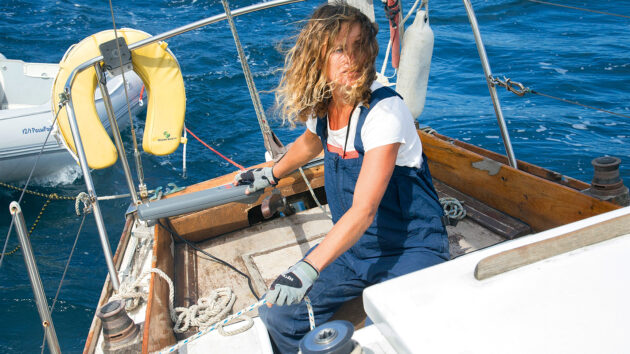
Susan Smillie. Photo: Cat Vinton
I hadn’t liked myself much back there. I had gone, but I hadn’t wanted to. I had compassion, but it was conditional. My first thoughts were of my own safety. My overriding feelings were fear and mistrust. Humans are largely selfish. Sometimes we have to be. You can’t help anyone else if you don’t look after yourself. I told myself these things, but I still did not feel good. I made peace with myself in the end, surrounded by the super-wealthy, in that parallel universe.
I was not a hero, but I wasn’t a coward either. Somewhere in the middle. Like most of us, I suppose.
I thought about the wisdom of offshore passages alone. Boat lights at night took on a different significance. The world had reminded me I was far from invincible. A saying that took on currency during the pandemic had greater meaning for me out there in the dark. ‘No one is safe until everyone is safe.’
Buy The Half Bird from Amazon.
 If you enjoyed this….
If you enjoyed this….
Yachting World is the world’s leading magazine for bluewater cruisers and offshore sailors. Every month we have inspirational adventures and practical features to help you realise your sailing dreams.
Build your knowledge with a subscription delivered to your door. See our latest offers and save at least 30% off the cover price.
Note: We may earn a commission when you buy through links on our site, at no extra cost to you. This doesn’t affect our editorial independence.



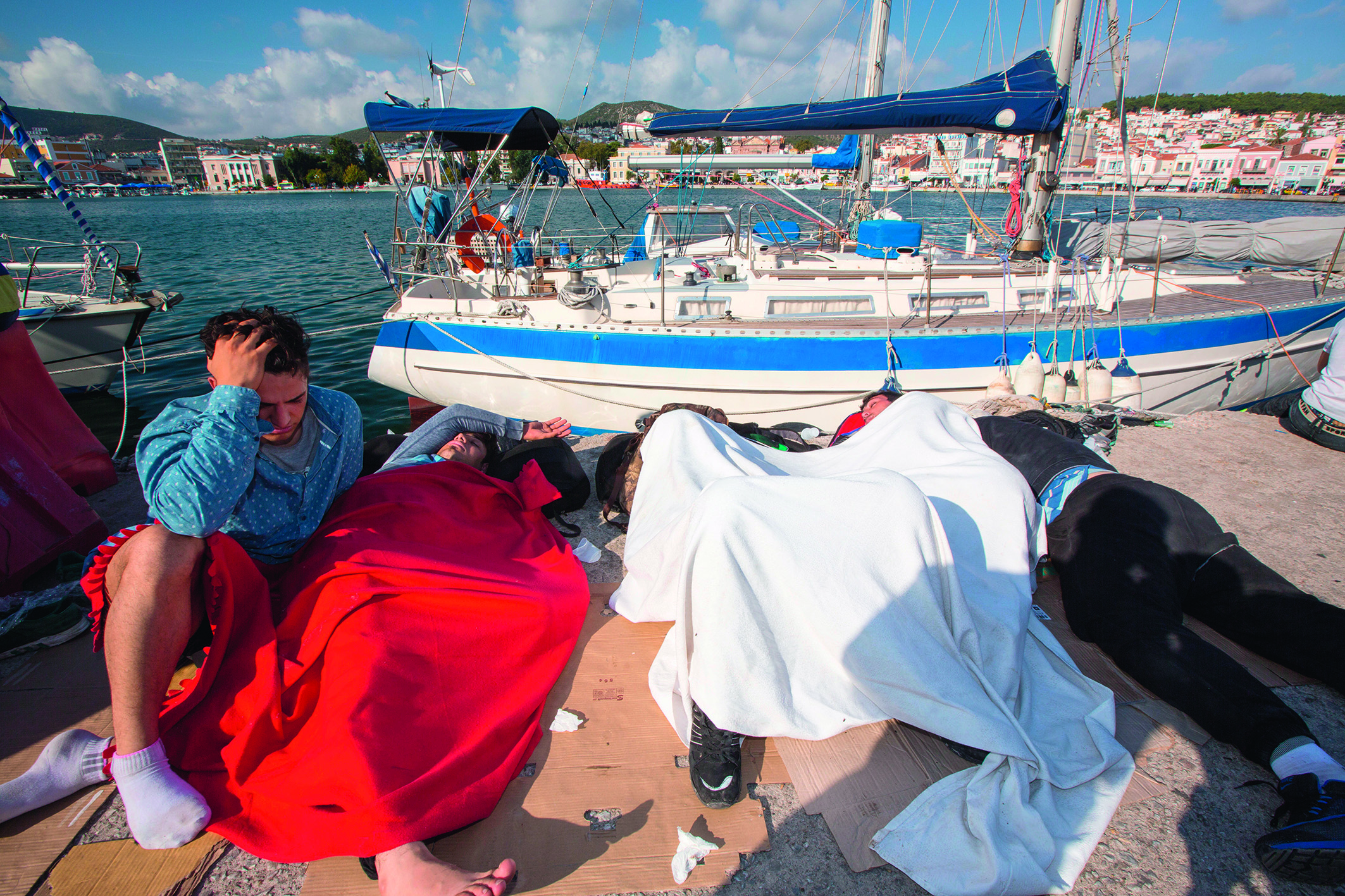


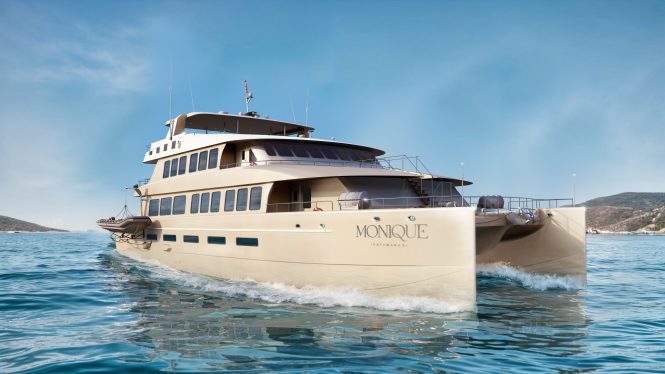

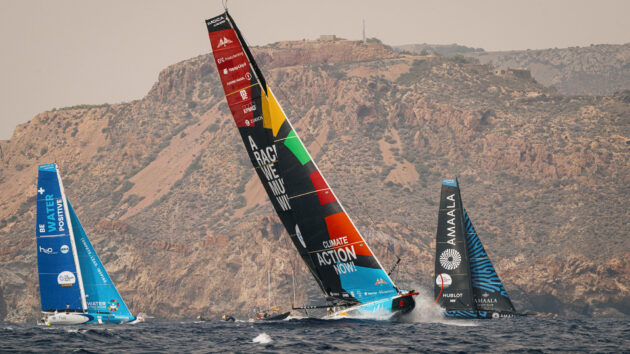
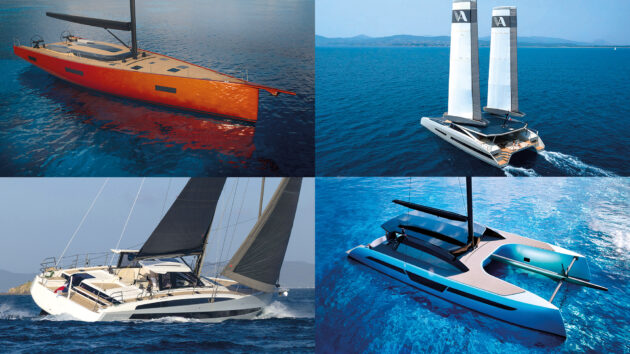
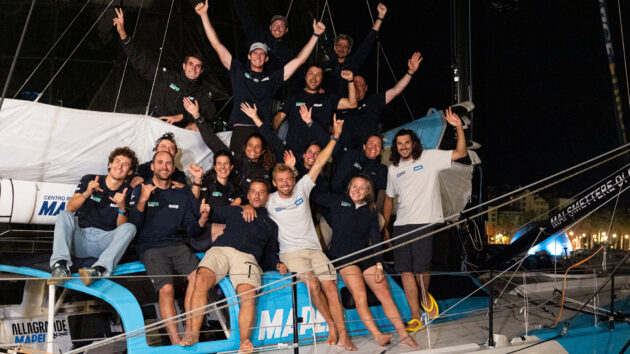




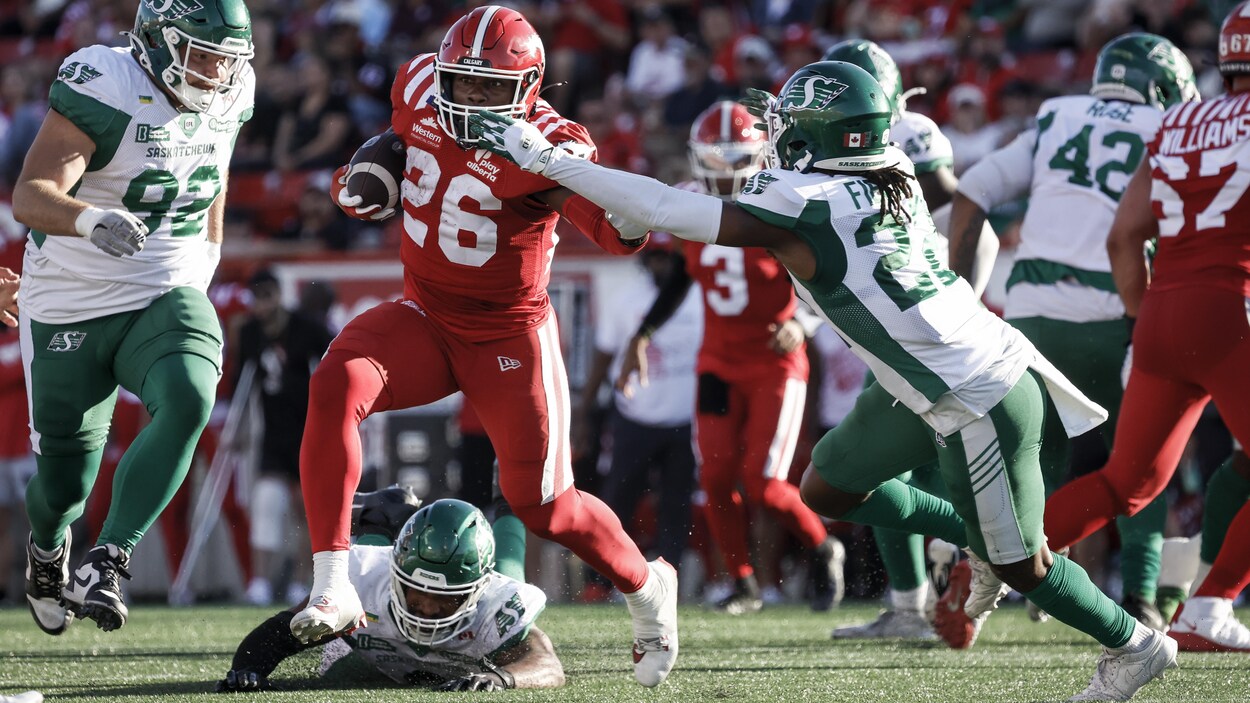
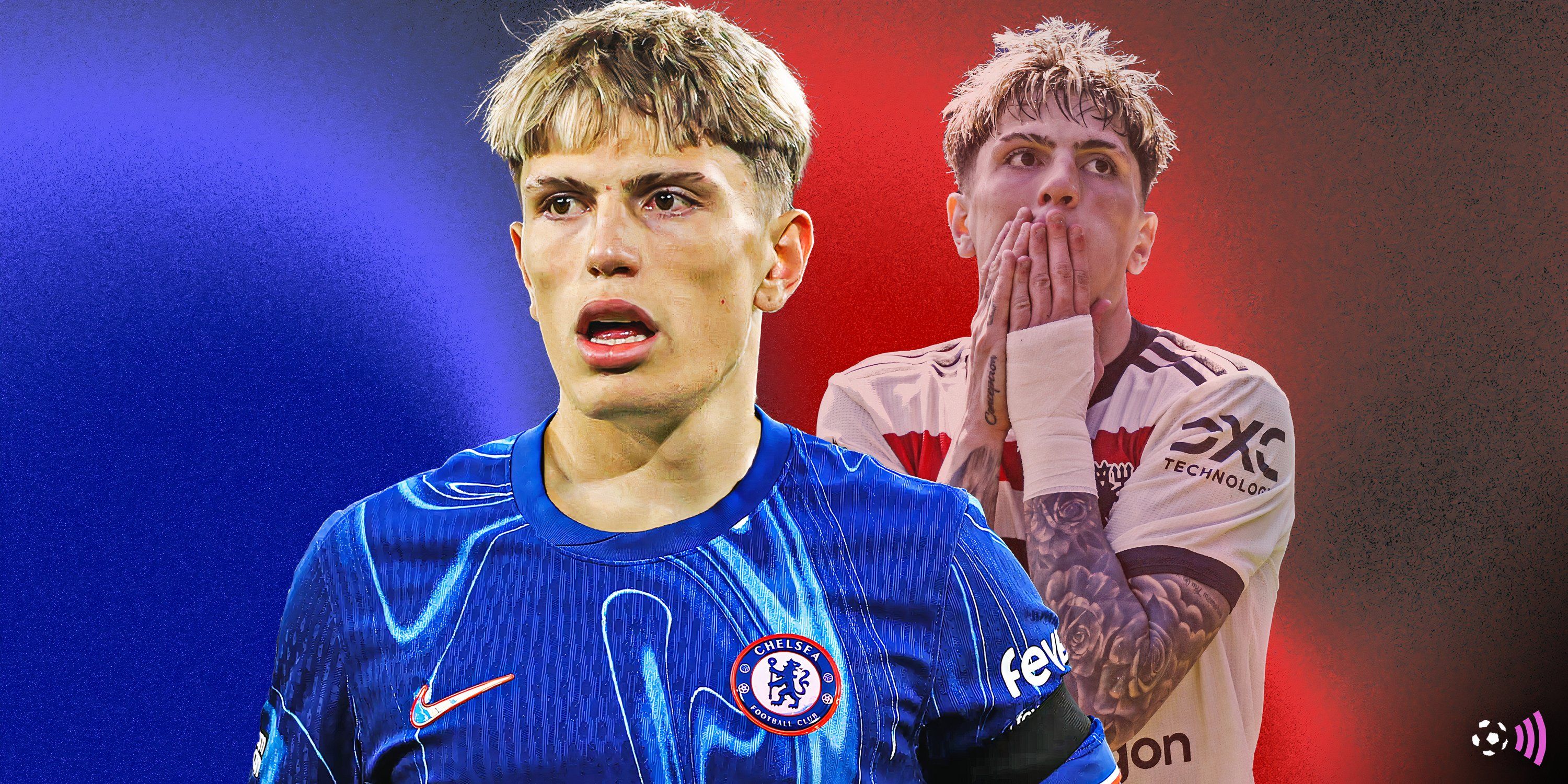
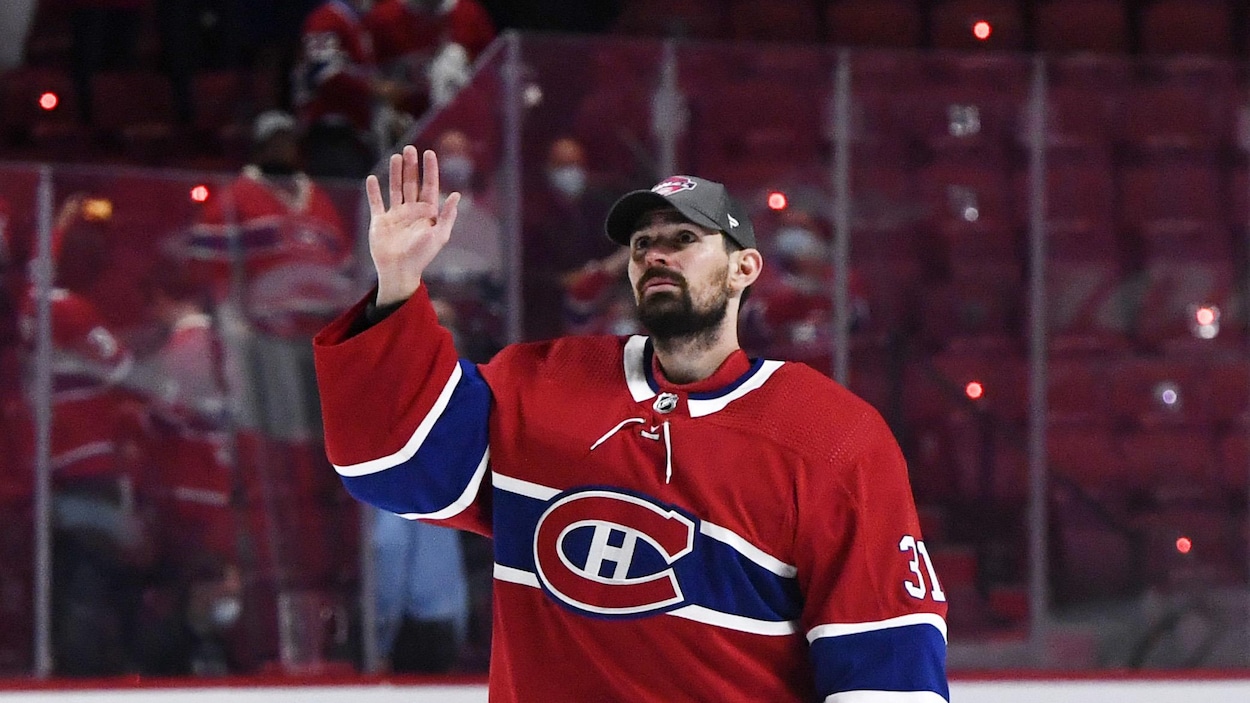
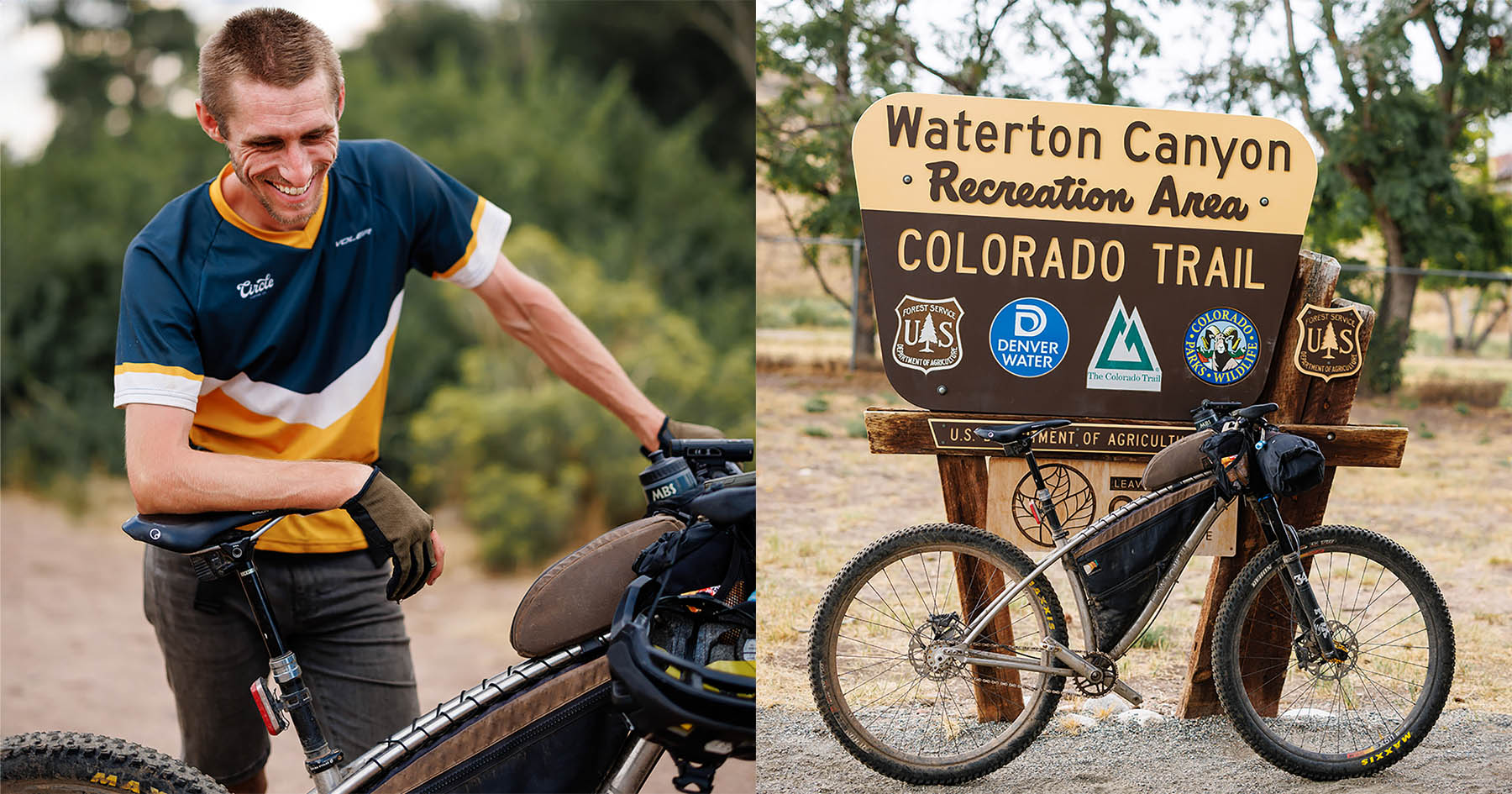
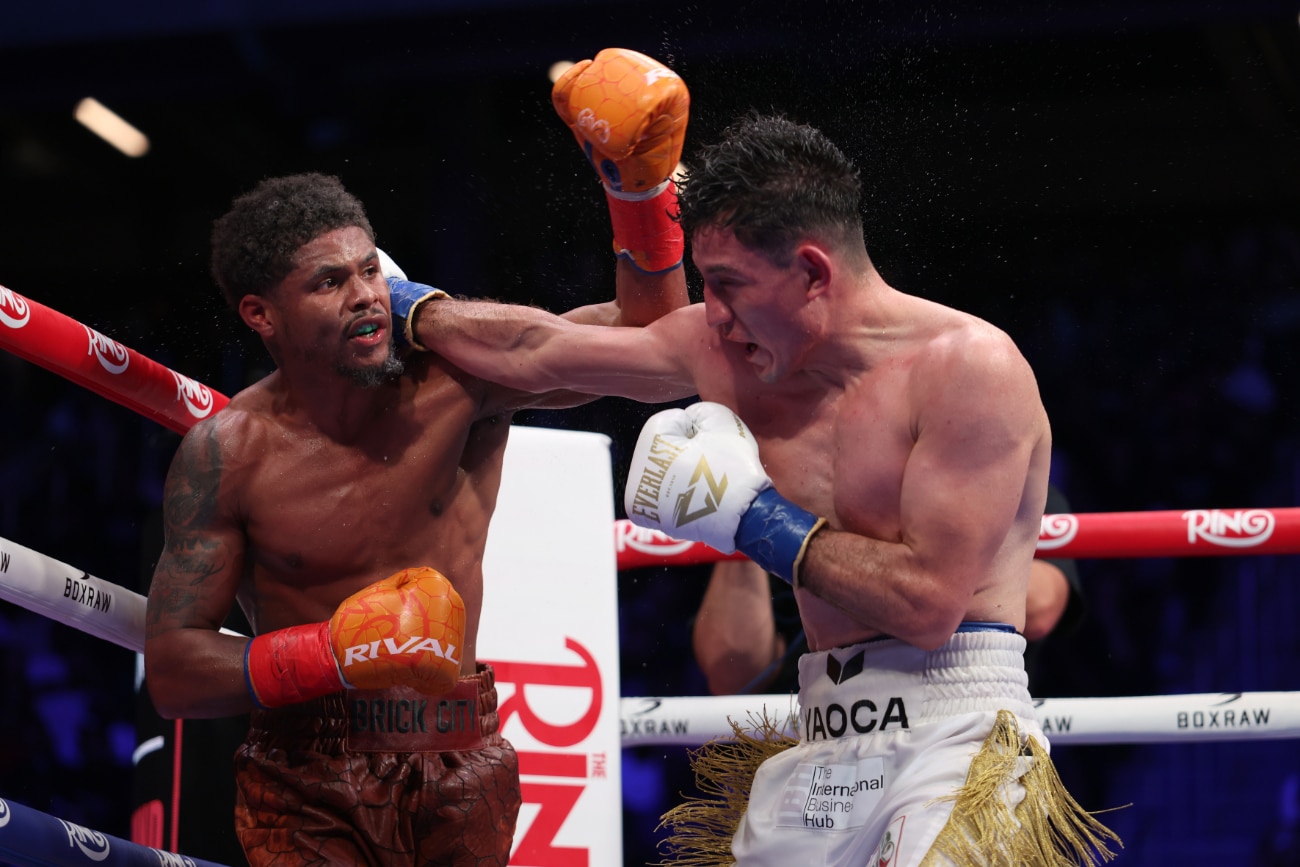

 English (US) ·
English (US) ·  French (CA) ·
French (CA) ·